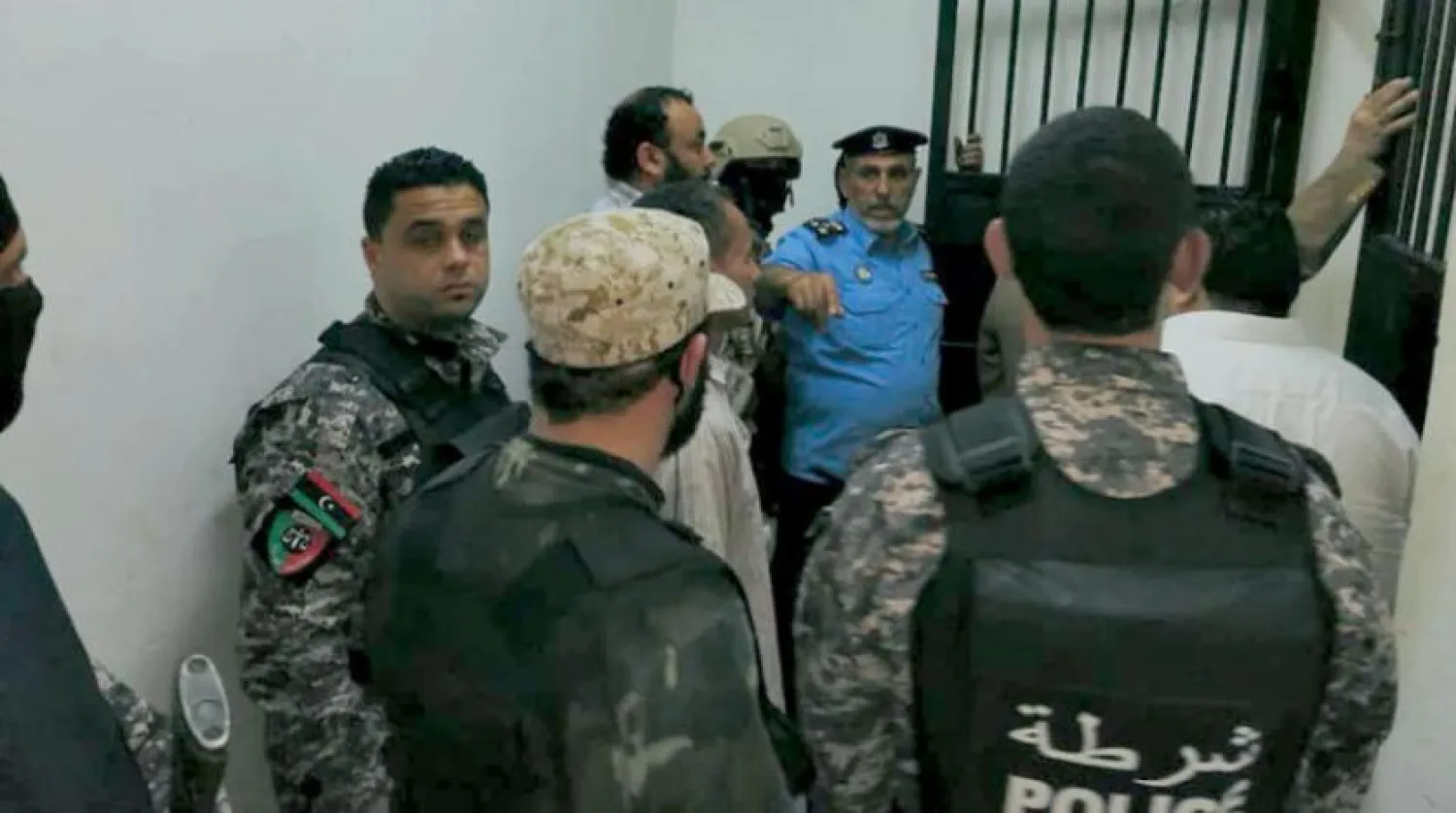Several human rights groups and families of inmates said that around 70 inmates at Mitiga Central Prison in Tripoli have been on a hunger strike for around a month in objection to the ill-treatment.
Some family members told Asharq Al-Awsat that they have been banned from visiting their relatives at the prison for almost a year.
They demanded the release of the inmates from the “notorious” prison.
Following several complaints from the families, the United National Support Mission in Libya (UNSMIL) said it was “alarmed” by the reports that more than 70 inmates at at the central prison are on a hunger strike.
UN Secretary-General Antonio Guterres noted that UNSMIL documented cases at Mitiga Central Prison and other detention centers that are managed by the Anti-Illegal Migration Agency in Zawiya, Tripoli, and its vicinity.
Inmates have been striking since October, protesting the prolonged arbitrary detention of many of them, conditions of detention, and ill-treatment, including denial of family visits and medical care.
"In recent weeks, reports indicate the treatment of hunger strikers has worsened in apparent retaliation," UNSMIL remarked.
UNSMIL called on judicial authorities to investigate these reports, immediately release all persons detained without legal basis, and ensure the rights of all detainees in line with Libya’s international obligations and national laws.
The UN reports revealed that there are up to 3,000 detainees at the prison considered to be “the scariest detention place”. They are piled up in cells that fit for dozens of detainees only.
Attorney General Siddiq Al-Sour had earlier called for dealing with the detainees' problems.









